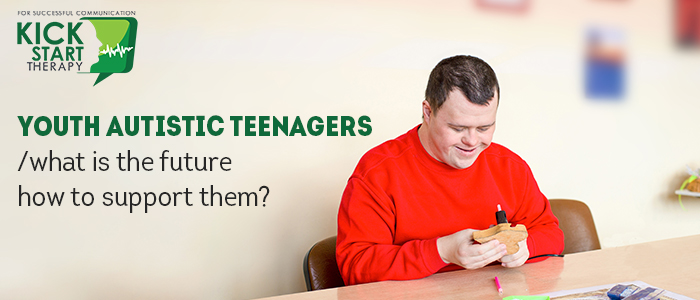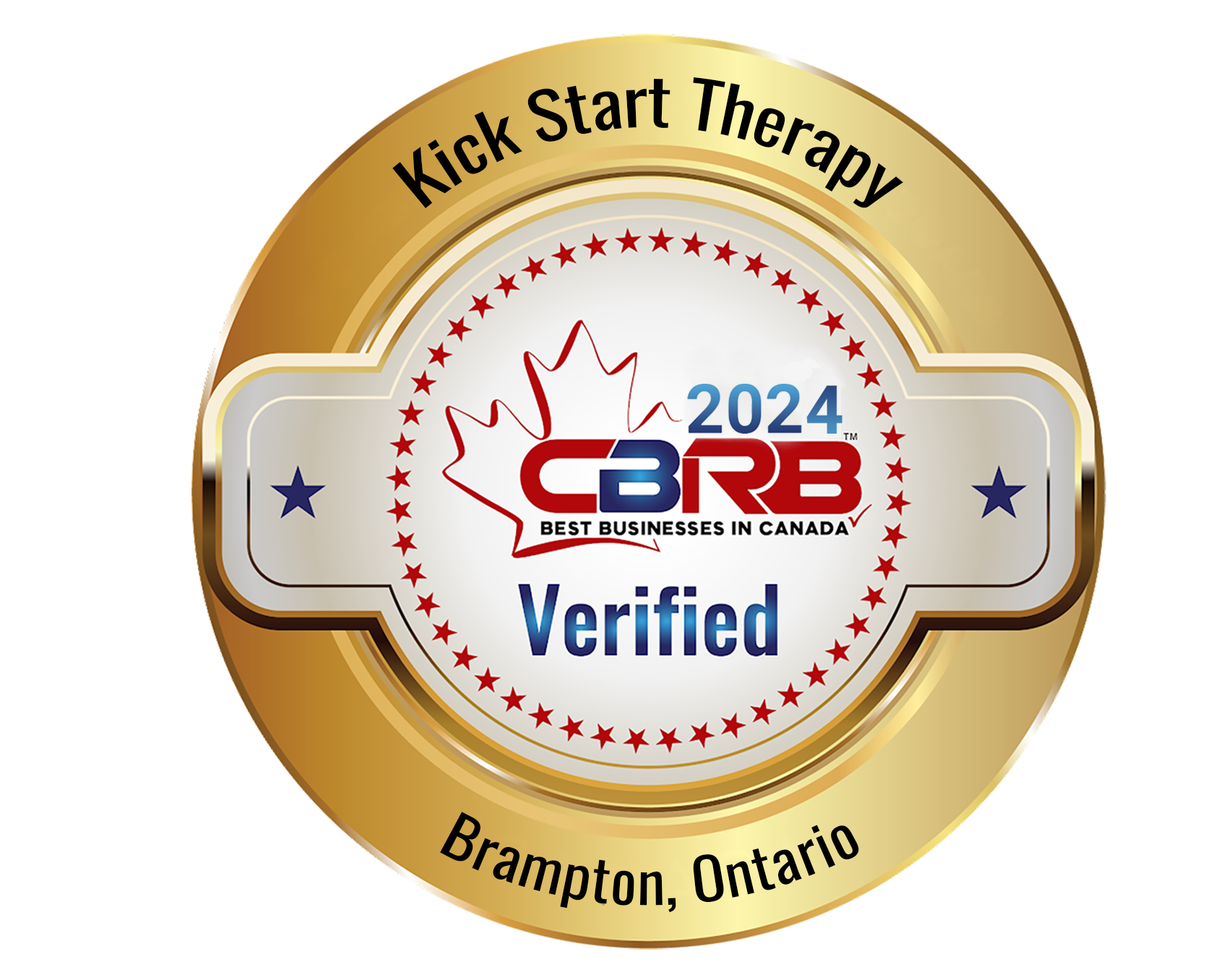
In today's world, the understanding and acceptance of autism have come a long way. We now recognize that autism is not a limitation but a unique perspective. As we look toward the future, we must explore how we can support autistic teenagers, helping them cope and thrive in a world that celebrates their diversity.
Autism Spectrum Disorder (ASD) is precisely that—a spectrum. Each individual with autism is unique, possessing their own set of strengths and challenges. Some may face difficulties in social interactions, while others excel in mathematics, art, or music. It's this diversity within the spectrum that makes understanding autism crucial. By embracing these differences, we can create an environment where every autistic teenager feels valued and understood.
One of the most significant strides society has made is in education. Schools worldwide are increasingly adopting inclusive teaching methods, recognizing that a one-size-fits-all approach simply doesn't work. For autistic teenagers, tailored education is paramount. Individualized education plans, sensory-friendly classrooms, and trained educators are now more commonplace, ensuring that each student's unique learning style is accommodated.
Transitioning into the workforce can be a daunting prospect for any teenager. For autistic youth, it presents unique challenges. However, a number of organizations and companies have recently started to tap into the potential of autistic individuals. These organizations are not just providing jobs; they are creating environments where autistic teenagers can thrive. From technology firms recognizing the analytical prowess of autistic individuals to creative industries harnessing their unique perspectives, employment opportunities are becoming more diverse and inclusive.
The digital age has brought with it incredible advancements in assistive technologies. These innovations are not only making daily tasks more accessible but are also bridging communication gaps for non-verbal autistic teenagers. Communication apps, sensory devices, and virtual reality programs are empowering autistic individuals to express themselves in unimaginable ways. These technologies are not just tools but bridges to a world where everyone's voice can be heard.
Beyond the realms of education and employment, community support plays a vital role in nurturing autistic teenagers. Support groups, both online and offline, provide a space where parents, educators, and autistic individuals can share experiences and insights. These communities are wellsprings of understanding, offering valuable advice and emotional support. Moreover, they serve as advocates, raising awareness about autism and fostering acceptance in society.
The future for autistic teenagers is undoubtedly promising. With each passing day, society is becoming more aware, accepting, and accommodating. However, our work is far from over. We must continue to advocate for inclusive policies, spread awareness, and, most importantly, foster a culture of acceptance.
As we move forward, remember that the future is not just about supporting autistic teenagers but celebrating them. It's about recognizing that their unique perspectives, talents, and voices enrich the tapestry of our society. Together, let's create a world where every autistic teenager can not only dream but also achieve, where every obstacle is seen as an opportunity, and where acceptance is the foundation upon which their bright future is built.






